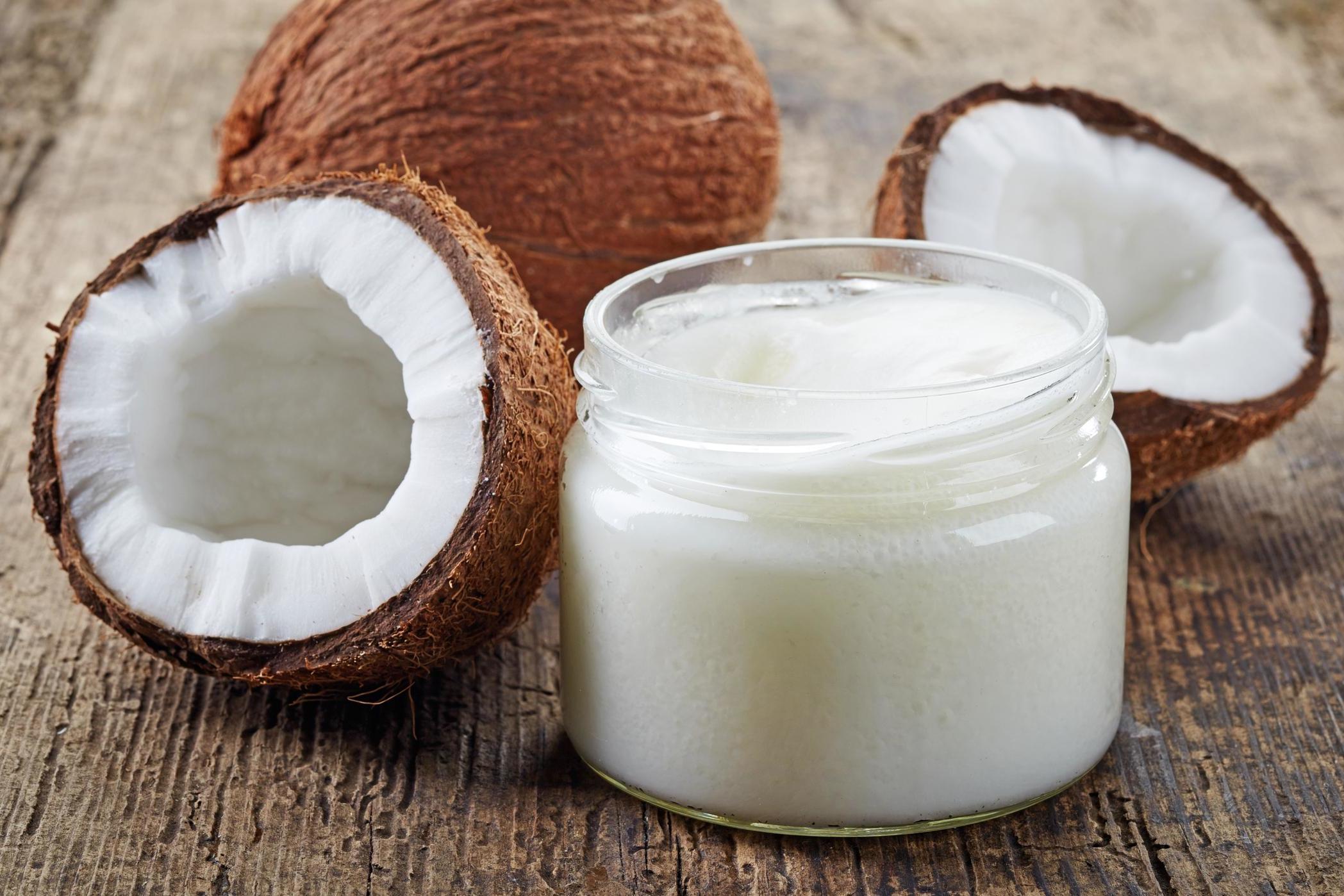Bug repellent made from coconut oil could work better than chemicals
Maybe it's not "pure poison" after all

Your support helps us to tell the story
From reproductive rights to climate change to Big Tech, The Independent is on the ground when the story is developing. Whether it's investigating the financials of Elon Musk's pro-Trump PAC or producing our latest documentary, 'The A Word', which shines a light on the American women fighting for reproductive rights, we know how important it is to parse out the facts from the messaging.
At such a critical moment in US history, we need reporters on the ground. Your donation allows us to keep sending journalists to speak to both sides of the story.
The Independent is trusted by Americans across the entire political spectrum. And unlike many other quality news outlets, we choose not to lock Americans out of our reporting and analysis with paywalls. We believe quality journalism should be available to everyone, paid for by those who can afford it.
Your support makes all the difference.Compounds derived from coconut oil are more effective at repelling insects than chemicals, a new study has revealed.
Research by the US Department of Agriculture found that fatty acids derived from coconut oil had long-lasting insect-repelling properties against a number of insects including flies, ticks, bed bugs and mosquitos.
Lead researcher Junwei Zhu asserted that it was the compounds extracted from coconut oil – not the oil itself – which were found to be effective.
“Coconut oil itself is not a repellent,” the study says.
Published in the journal Scientific Reports, the findings are significant in part due to safety concerns associated with diethyltoluamide (DEET), a chemical found in many mosquito sprays.
Previous research carried out by Institut de Recherche pour le Développement in Montpellier, France questioned the safety of DEET after finding that it directly inhibited enzyme activity in both insect and mammal nerves.
Similarly, a 2015 report by Consumer Reports claimed that DEET sometimes came with serious side effects including “rashes, disorientation and even seizures”.
But, what can you use instead? While this new study admits that many natural alternatives quickly lose their effect on bugs, it insists that this wasn’t the case for coconut oil compounds.
Instead, it says that the coconut oil compounds out-performed DEET with an effective rate greater than 95 per cent, repelling bed bugs and ticks for two weeks, compared to DEET’s three days of effectiveness.
However, the concentration of coconut oil compounds required to effectively repel mosquitoes is far greater.
The study authors hope that the research will help work towards the development of coconut oil-based insect repellents.
Opinions towards coconut oil have been divided in recent months. While many experts claim that it has a host of health benefits, including the ability to reduce the risk of heart disease, others have gone as far as to call it “pure poison”.
Earlier this year, Dr Karin Michels, a professor at the Harvard TH Chan School of Public Health and director of the Institute for Prevention and Tumour Epidemiology at the University of Freiburg stated that coconut oil is “one of the worst foods you can eat.”
This, she said, was because of the damaging effect the saturated fatty acids in the coconut oil have on your body.
Join our commenting forum
Join thought-provoking conversations, follow other Independent readers and see their replies
Comments